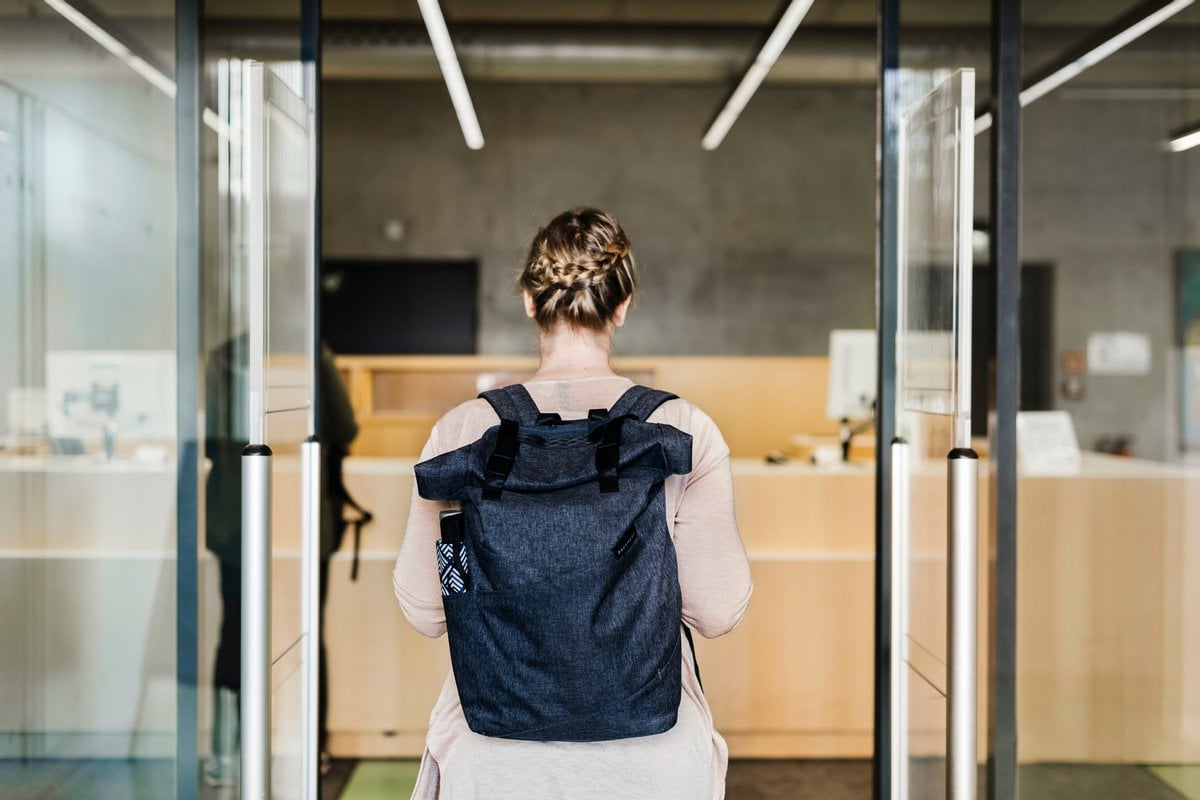
Georgina Heydon, RMIT University; Nicola Henry, RMIT University; Rachel Loney-Howes, University of Wollongong, and Tully O'Neill, The University of Melbourne
The alleged rape of former Liberal Party staffer Brittany Higgins has raised many questions about how sexual assault gets reported.
Members of the Morrison government have repeatedly stressed the appropriate response to allegations of sexual assault is to go to the police.
Watch: Women and Violence - The hidden numbers. Post continues below.
Another former staffer Dhanya Mani, who alleges she was indecently assaulted while working in NSW state politics, says she received a similar response from senior Liberal figures.
In both cases, the complainants did not want the police involved at the time of their first disclosure. Higgins initially spoke to police in 2019, but then withdrew her complaint, because she felt it would put her career in jeopardy. Mani says she did not want to go through the police process because it would be “traumatising […] it doesn’t empower us”.
Sadly, these women’s experiences are all too common. Many survivors feel they will not be believed or taken seriously by police. For some, the experience of giving a statement is re-traumatising and stressful.
